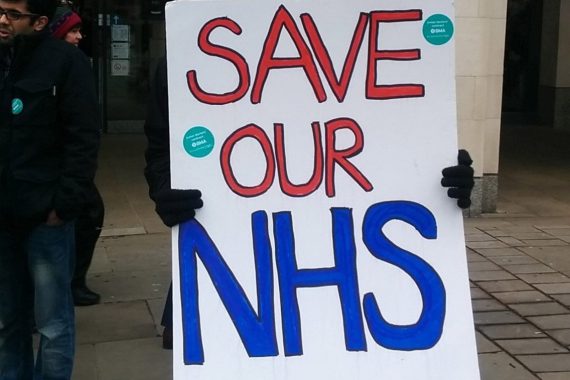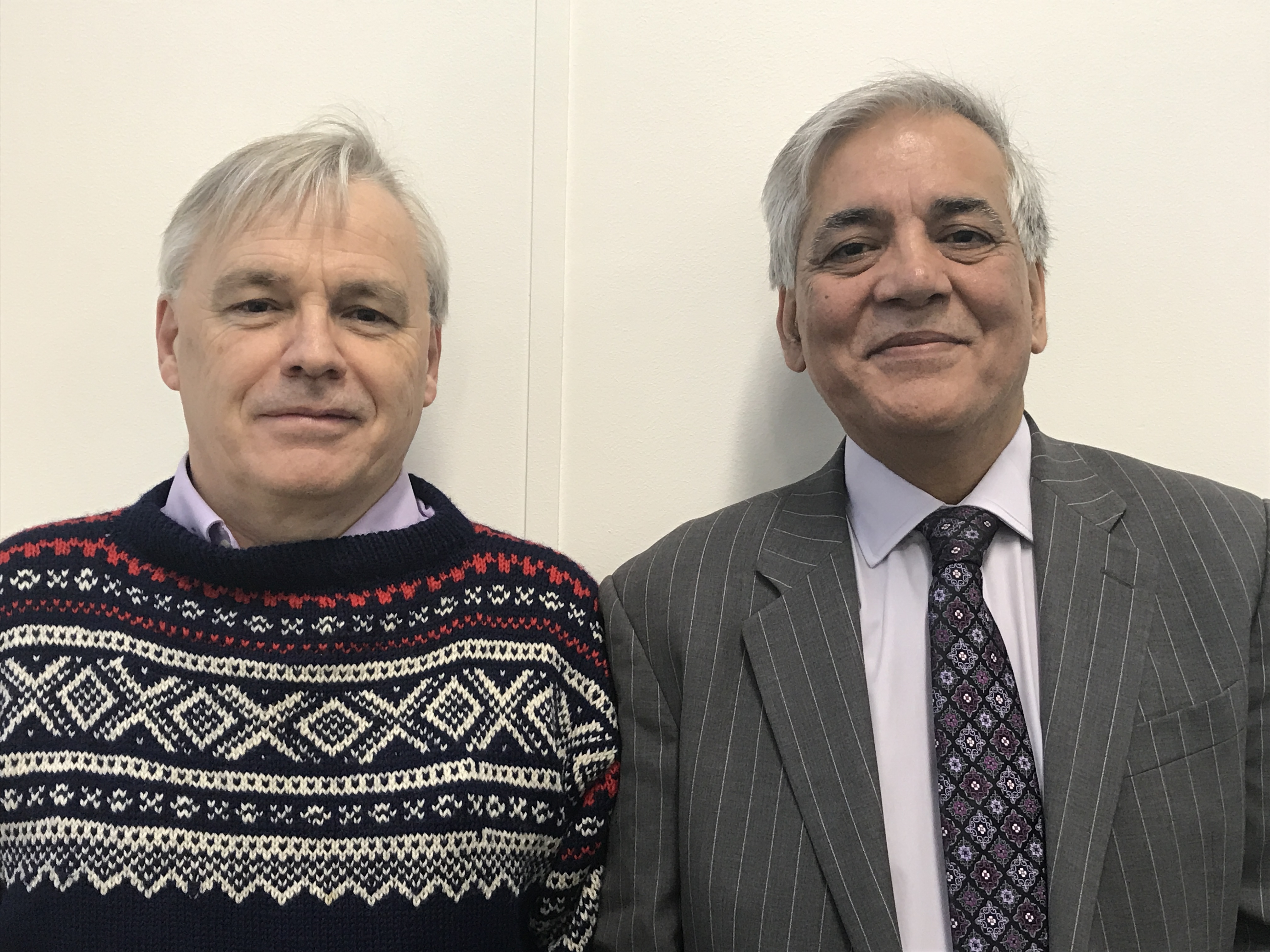The junior doctors’ strike is not over for general practice


Nearly half of FY2s, having completed two years training since qualifying as doctors, are choosing not to sign up for specialist or GP training. Some are going part time, others are doing locums and many are tempted by opportunities abroad
The crisis in general practice is illustrated by the need to recruit 2,000 GPs from outside the UK. This is not just a problem for England: similar problems are found in the other four nations, with headlines such as ‘Brain drain as Scottish doctors abandon NHS in their thousands’.
Lack of continuity of care both of patients and doctors is a major part of the problem, with junior doctors describing how they have to move on every few months and have little continuity of mentorship from trainers.
Like many areas of the country, the East End of London is struggling to recruit GPs. This, we believe, is in large part because we are not able to engage in selecting GP trainees who will be committed to staying on once they are qualified.
We should be far more interested in ensuring a GP trainee is likely to commit to an area
Evidence shows that if a doctor has been born and brought up, or trained for a meaningful period in one area, they are much more likely to stay.
Yet in discussion with junior doctors, we heard that those wishing to enter GP training are allocated a place dependent on their ranking in the entry exam. This means they might end up anywhere in the country.
Exception can be applied after selection, if a junior doctor can show good grounds to stay in the same place, though this seems to be adjudicated harshly. We heard from a junior doctor who wanted to be near his mother who was frail and had to prove this in a manner that can only be described as demeaning. It involved getting a letter from his mother’s GP and her hospital consultant.
Some argue the selection process is intended to be an academic one, a process to distribute doctors throughout the UK. In order to be ‘fair’, high scorers get the areas they want.
But the whole process means trainees – through no fault of their own, as they seek to find the ‘best’ training practices and experiences – may effectively be imposed on areas even though they may have no intention to work there in future.
We should be far more interested in ensuring a GP trainee is likely to commit to an area, shares our values and has the key attributes needed in general practice such as emotional intelligence, communication skills and a wider understanding of their role in improving the health and wellbeing of their population. This in turn would ensure a focus on key issues for junior doctor, stability, family and continuity of patient care and mentorship.
Furthermore, four out of five years’ training to be a GP are usually spent in hospital. Where is the logic in that? No specialty would accept that.
Some FY2s spend four months in primary care. If you know you want to be a GP, why not bypass the Foundation programme and spend five years training in a GP surgery – living in one place and working at one training practice with continuity of training by senior GPs.
We are left in no doubt that the present system is damaging to junior doctors in relation to their health and wellbeing and is now having a serious impact on patient care. The process is not fit for purpose for training per se; it needs buy-in from the new generation if we are to get improved retention of doctors and trainees.
Juniors need to be valued and supported throughout their training with continuity of patient and trainer care. Until these issues are sorted, the ‘strike’ continues. The battle might be over, but the peace has not been won.
Dr Anwar Khan is chair of Waltham Forest CCG and Dr Sam Everington is chair of Tower Hamlets CCG









